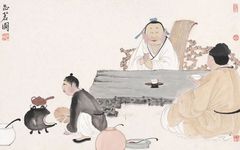There are countless idioms related to numbers.
However, we often do not know their meanings.
What are the “seven emotions” and “six desires”?
What are the six relatives in “not recognizing relatives”?
Is the “eight bows of friendship” really eight bows?
Today, let’s explore the meanings of numbers in idioms!
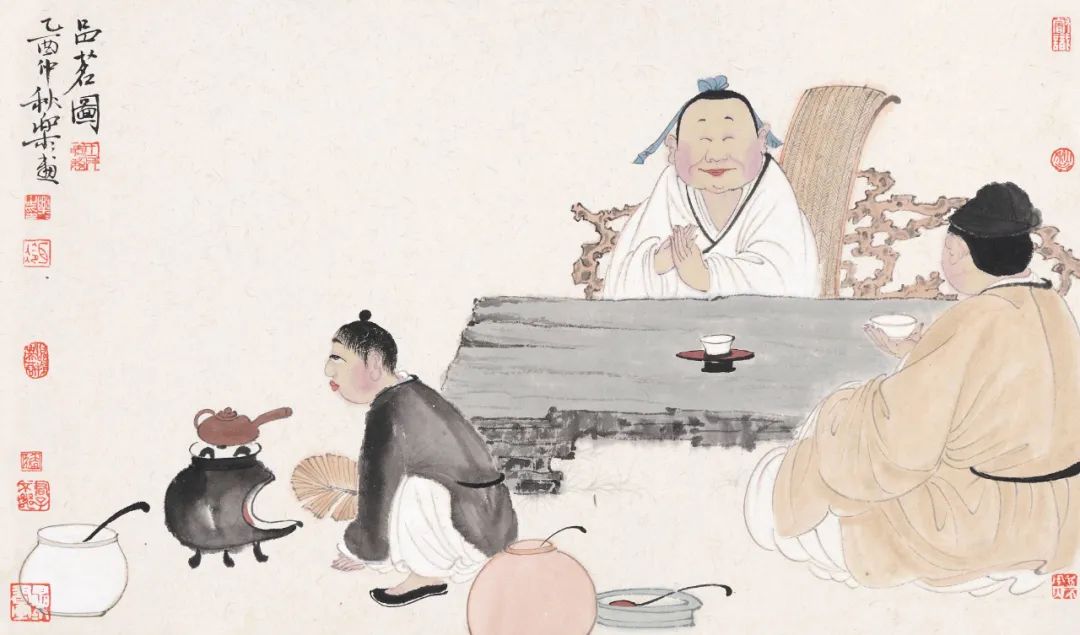
Eight
Bows
of
Friendship
refers to the sworn brotherhood among unrelated individuals, symbolizing a very close relationship. Originating from the “Records of What is Heard”.In “Demi-Gods and Semi-Devils”, the three characters Xiao Feng, Duan Yu, and Xu Zhu performed eight bows, each representing a historical friendship.The eight bows refer to:Guan Bao’s Friendship: Guan Zhong and Bao ShuyaUnderstanding Friends: Yu Boya and Zhong ZiqiNeck-Cutting Friendship: Lian Po and Lin XiangruLife-and-Death Friendship: Jiao Ai and Bo TaoGlue and Paint Friendship: Chen Zhong and Lei YiChicken and Millet Friendship: Yuan Bo and Ju QingLife-and-Death Companionship: Liu Bei, Zhang Fei, and Guan YuAge-Forgetful Friendship: Kong Rong and Ni Heng
Six
Relatives
Not
Recognized
describes a lack of regard for familial ties and human emotions, neglecting even one’s relatives.
Which six relatives are specifically referred to?
According to the “Zuo Zhuan”, they are father, son, brothers, sisters (father’s sisters), maternal uncles, and in-laws (wife’s family) as well as relatives by marriage (husband’s family).
According to the “Laozi”, they are father, son, brother, younger brother, husband, and wife.
According to the “Book of Han”, they are father, mother, brother, younger brother, wife, and son.
Later generations generally agree with the third interpretation, as it reflects the closest blood and marital relationships.
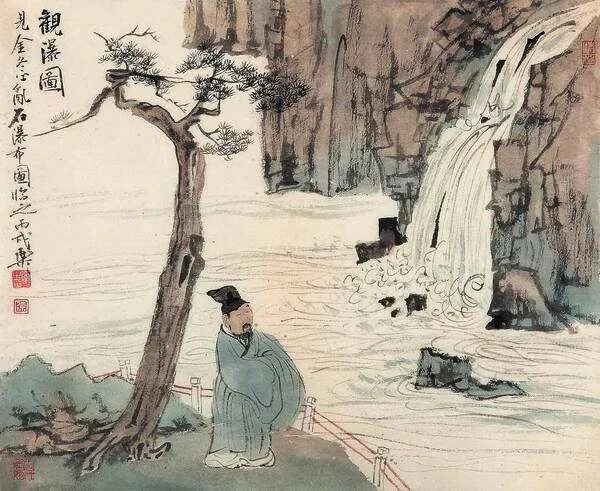
Five
Grains
Abundant
refers to a good harvest year with abundant grain. The five grains are rice, millet, broomcorn, wheat, and beans. Another interpretation includes rice, millet, broomcorn, wheat, and soybeans.
Seven
Orifices
Smoke
describes a person so angry that it seems like smoke is coming out of their ears, mouth, and nose; it signifies extreme anger. The seven orifices refer to the mouth, two eyes, two ears, and two nostrils.
Five
Flowers
Eight
Doorsoriginally refers to the “Five Flower Array” and “Eight Door Array”, which are formations in ancient military strategy.Later, “Five Flowers and Eight Doors” became a metaphor for the jargon of various trades.Five Flowers: Golden Chrysanthemum, women selling tea; Narcissus, singing girls in taverns; Firethorn, performers of tricks; Earth Cow Flower, porters; Cotton Flower, doctors treating people on the street. Eight Doors, refers to street vendors who rely on their eloquence to earn a living, namely: Gold, Leather, Color, Hanging, Horizontal, Orchid, Honor, and Kelp.
One Door Gold (or Cloth) — “Gold Point” refers to fortune tellers and diviners.
Two Doors Leather — “Leather” refers to the trade of selling medicine.
Three Doors Color — “Color” refers to performers of tricks, all who perform magic are called “Color Performers”, while those who perform foreign tricks are called “Color Tang Performers”.
Four Doors Hanging — those who practice skills and perform in markets or fairs are mockingly called “Hanging Performers” by street people.
Five Doors Horizontal — refers to robbers and thieves. From large bandits to petty thieves in the market.
Six Doors Orchid — refers to those who tell jokes.
Seven Doors Honor — refers to those who set up tents and make paper offerings.
Eight Doors Kelp — refers to those who sing big drums.
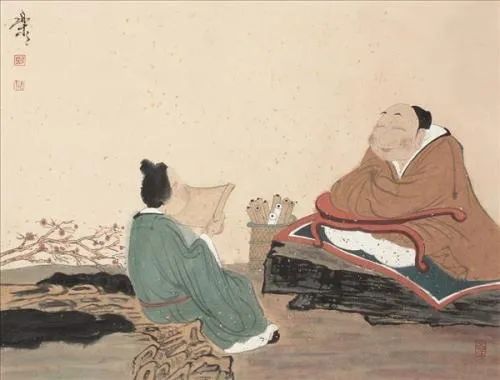
Four
Great
All
Empty
is a Buddhist term.The four great elements in Buddhism refer to “earth, water, fire, and wind”.
Seven
Emotions
Six
Desires
The seven emotions and six desires refer to various human emotions and desires.The seven emotions are the seven feelings of humans, generally referring to joy, anger, sorrow, fear, love, hatred (wù), and desire.The six desires in Buddhism refer to the desires of form, appearance, demeanor, speech, smoothness, and human form, broadly encompassing various human desires.
Three
From
Four
VirtuesThe three obediences are “before marriage obey the father, after marriage obey the husband, and after the husband’s death obey the son”.The four virtues are “womanly virtue, womanly speech, womanly appearance, and womanly work” (the virtues, words, demeanor, and skills of women).
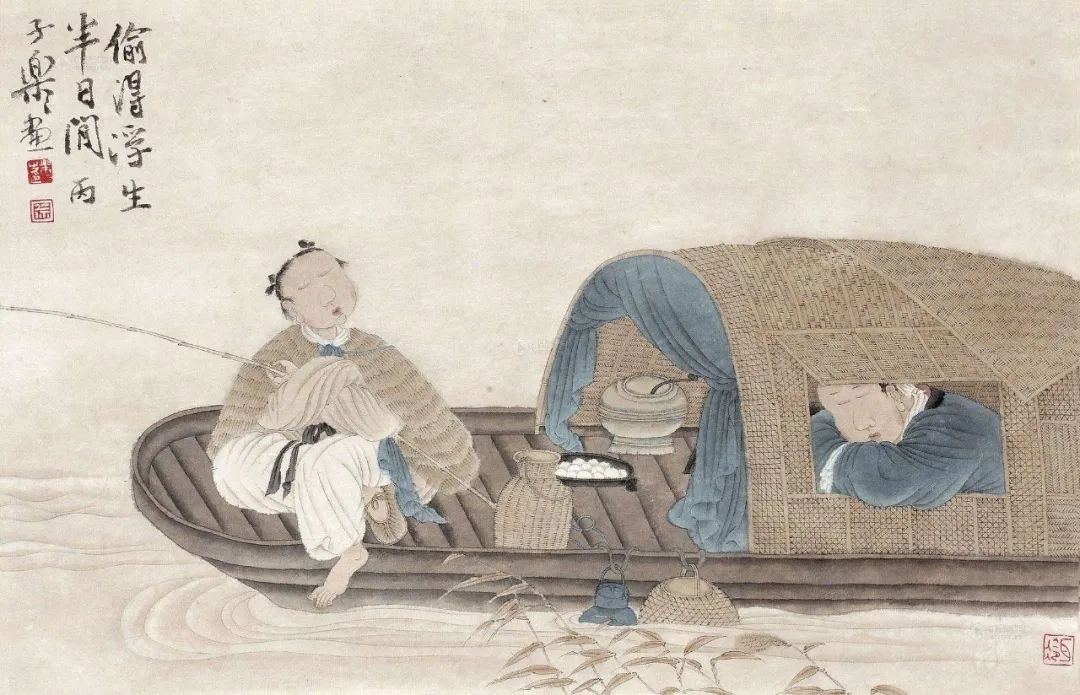
Three
Principles
Five
Constants
The “Three Principles” refer to the interpersonal relationships between father and son, ruler and minister, and husband and wife, while the “Five Constants” refer to the five essential virtues of humanity: benevolence, righteousness, propriety, wisdom, and faith. Collectively known as “principles and constants”.
Agreements
Law
Three
ChaptersIn 207 BC, Liu Bang entered the Qin capital of Xianyang. To win the hearts of the people, he established three laws for the army: those who kill must die, those who injure must be punished, and those who steal must be sentenced.
Literary
Room
Four
TreasuresThe Four Treasures of the Study are unique tools for Chinese calligraphy and painting (writing and painting tools), namely brush, ink, paper, and inkstone. Since the Song Dynasty, the “Four Treasures of the Study” specifically refer to Xuan brushes (from Xuancheng, Anhui), Hui ink (from Shexian, Anhui), Xuan paper (from Jingxian, Anhui), She inkstones (from Shexian, Anhui), Tao inkstones (from Zhuoni County, Gansu), and Duan inkstones (from Zhaoqing, Guangdong, formerly known as Duanzhou).
Five
Viscera
Six
Bowels
The viscera refer to the dense and solid tissues within the chest and abdomen that can store, secrete, or produce vital energy, namely the five organs: heart, liver, spleen, lung, and kidney.The six bowels refer to the collective term for gallbladder, stomach, small intestine, large intestine, bladder, and triple burner.
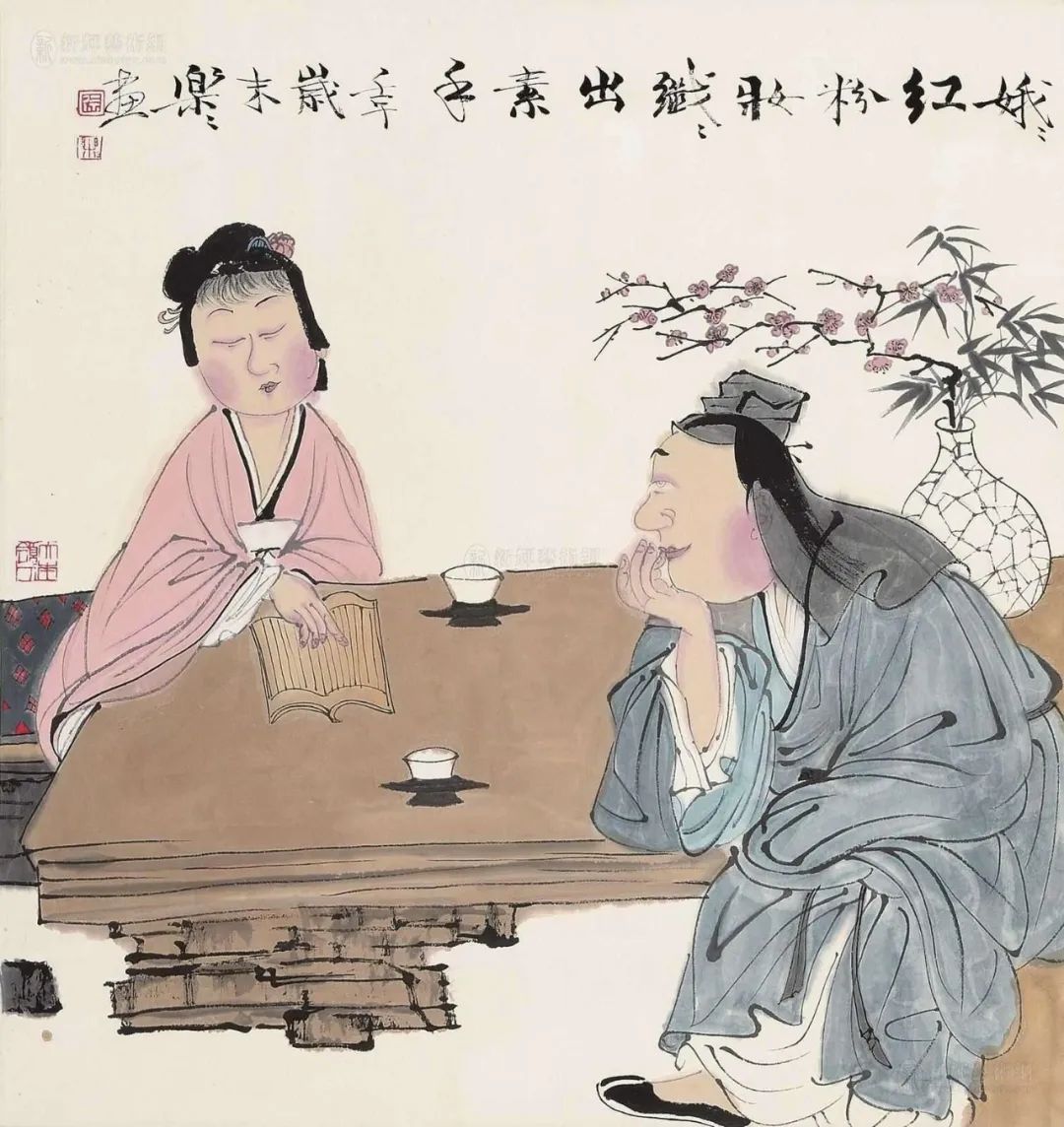
Three
Teachings
Nine
Streams
The three teachings refer to Confucianism, Buddhism, and Taoism.The nine streams refer to the nine major academic schools from the pre-Qin to the early Han period, including Confucianism, Yin-Yang school, Taoism, Legalism, Agriculture, Name school, Mohism, Diplomacy, and Miscellaneous.The nine streams also refer to occupational identities, divided into “Upper Nine Streams”, “Middle Nine Streams”, and “Lower Nine Streams”.Upper Nine Streams: emperors, sages, hermits, child immortals, literati, warriors, farmers, artisans, merchants.Middle Nine Streams: candidates, doctors, fortune tellers, painters (sellers of paintings), scholars, musicians, monks, Taoists, nuns.Lower Nine Streams: clerks, yamen runners, weighers, matchmakers, foot soldiers, swindlers (including witches), thieves, and prostitutes.
Five
Fortunes
Arriving
at the Door
comes from the “Book of Documents: Great Plan”: “Nine, Five Fortunes: the first is longevity, the second is wealth, the third is health, the fourth is good virtue, and the fifth is a good end.”The five fortunes mean: the first fortune is “longevity”, the second fortune is “wealth”, the third fortune is “health”, the fourth fortune is “good virtue”, and the fifth fortune is “a good end”. Some abbreviate it as longevity, wealth, health, virtue, and good end.

